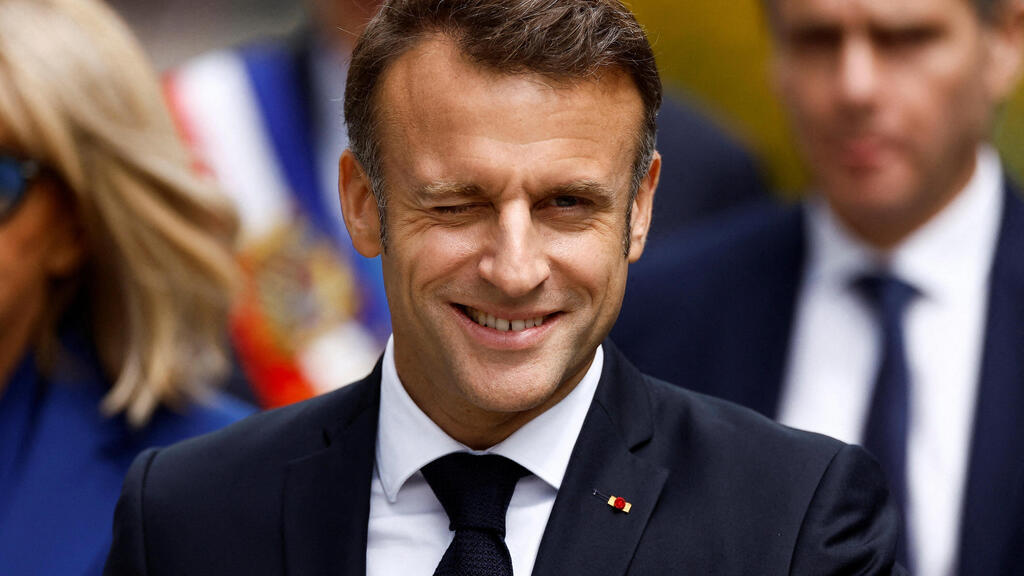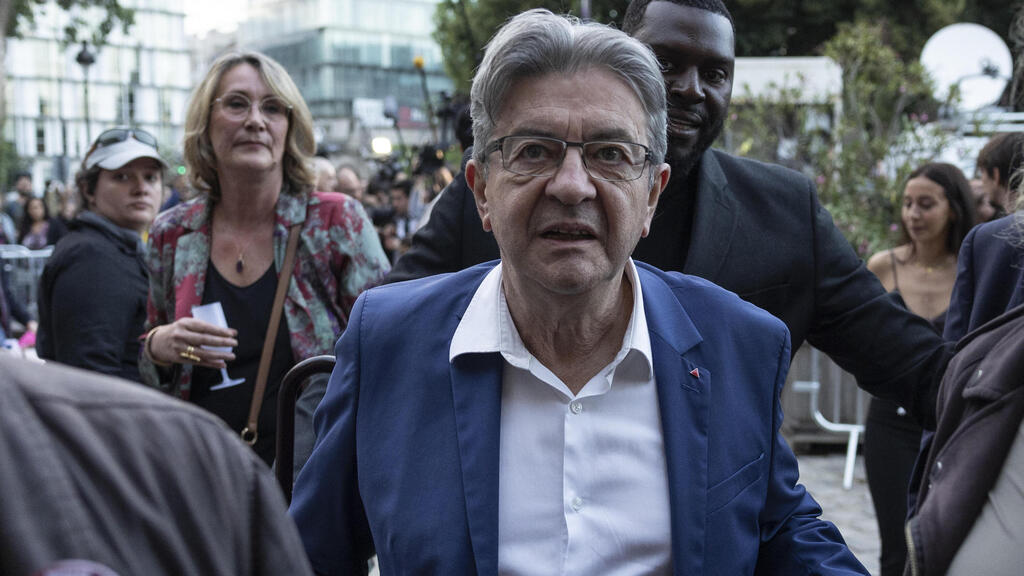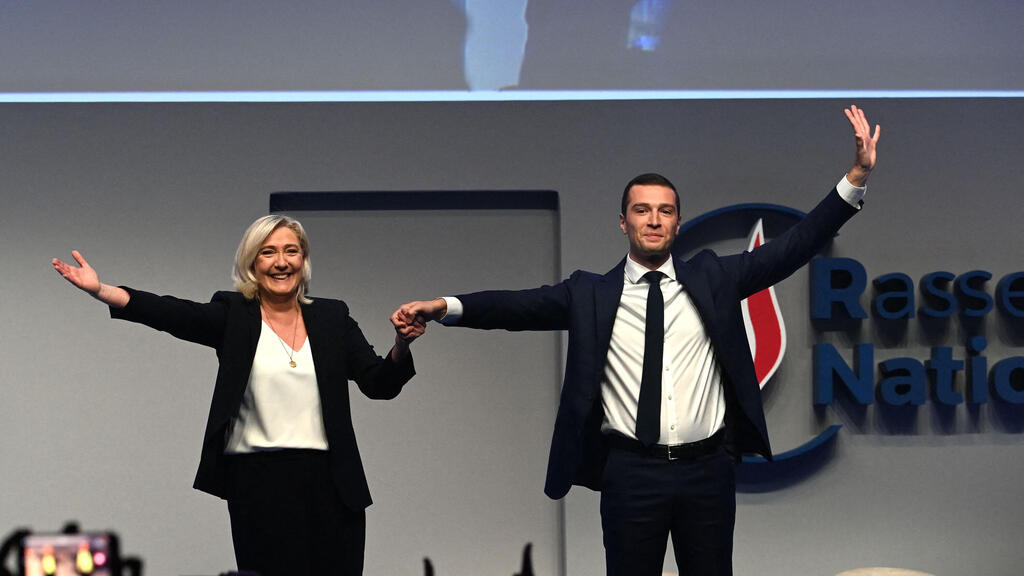Getting your Trinity Audio player ready...
France faced a hung parliament and difficult negotiations starting Monday to form a government after President Emmanuel Macron ended up with a fragmented parliament, weakening France's role in the European Union, and making it hard for anyone to push through a domestic agenda.
French Prime Minister Gabriel Attal tendered his resignation but Macron asked him to remain prime minister for the time being "to ensure the country's stability," the Elysee said.
"The President has asked Gabriel Attal to remain prime minister for the time being in order to ensure the country's stability," Macron's office said in a statement.
Macron's coalition came in second with 168 seats compared to the left-wing alliance New Popular Front, (NFP) which emerged as the largest in parliament with 182 seats in the 577 national assembly, still far short of the necessary 289 seats needed for a majority. Marine Le Pen's National Rally, which had been projected to win in polling leading up to the ballot, ended up with 143 seats. This is the first time since France's 5th republic was established in 1958 that there is no clear majority rule.
After the results became known, supporters of the NFP rushed to the streets in a show of force, celebrating their win.
The president has not yet spoken publicly about his intentions to resolve the political crisis, but according to the constitution he is barred from announcing new elections in the coming year.
The result delivered a blow to Macron and left the euro zone's second-largest economy in limbo, heralding a period of political instability just weeks before Paris hosts the Olympic Games.
"According to the logic of our institutions, Emmanuel Macron should today officially invite the New Popular Front to nominate a prime minister," said Green leader Marine Tondelier, one of a number of NFP figures seen as potential candidates for the post. "Will he or won't he? As this president is always full of surprises, we'll see," she said on RTL radio.
Dissonant voices on the left
Leaders from the NFP met overnight for first talks on how to proceed, but in media interviews on Monday they gave little sense of direction. Unbowed leader Jean-Luc Melenchon, the most anti-Israel among leaders of parties in the alliance, and one of the most divisive figures in French politics, explicitly ruled out any deal with centrists on Sunday, and on Monday his ally Eric Bompard was sounding uncompromising. "The president must appoint as prime minister someone from the New Popular Front to implement the NFP's program, the whole program and nothing but the program," he said.
Challenged on how that would be possible without an absolute majority, Bompard refused to engage with the question, insisting that as the NFP had come first, it should govern and shrugging off the idea of negotiating with anyone else.
However, there is little chance that any of the left-wing bloc's key proposals, which include raising the minimum wage, reversing Macron's pension reform and capping the prices of key goods, would pass a parliamentary vote without some kind of agreement with lawmakers from outside the bloc.
Centrists open to negotiation
Some prominent centrist figures, including Edouard Philippe, a former prime minister under Macron, said they are ready to work on a pact to ensure a stable government but are not prepared to work with France Unbowed, a force seen by many French centrists as just as extremist as the RN.
Yael Braun-Pivet, a lawmaker from Macron's party who was the National Assembly leader before the election, said French political culture would have to evolve, becoming less antagonistic and more cooperative across party lines.
"The message I'm hearing from voters is 'no one has an absolute majority, so you have to work together to find solutions to our problems'," she said.
The euro slipped on Monday by as much as 0.4% as investors grappled with the uncertainty in Paris.
"There's really going to be a vacuum when it comes to France's legislative ability," said Simon Harvey, head of FX analysis at Monex Europe in London.
For Le Pen's RN, the result was a far cry from weeks during which opinion polls consistently projected it would win comfortably. The left and centrist alliances cooperated after the first round of voting last week by pulling scores of candidates from three-way races to build a unified anti-RN vote.
In his first reaction, RN leader Jordan Bardella, Le Pen's protege, called the cooperation between anti-RN forces a "disgraceful alliance" that he said would paralyze France.
Le Pen, who will likely be the party's candidate for the 2027 presidential election, said however that Sunday's ballot, in which the RN made major gains, had sown the seeds for the future.
"Our victory has been merely delayed," she said.
A spokesperson for German Chancellor Olaf Scholz expressed "relief" in response to the left's win against the far right in the French run-off election on Sunday. "At first I think a certain relief prevails," the spokesperson said on Monday, adding that it remained to be seen what government would be formed in Paris following the election.




